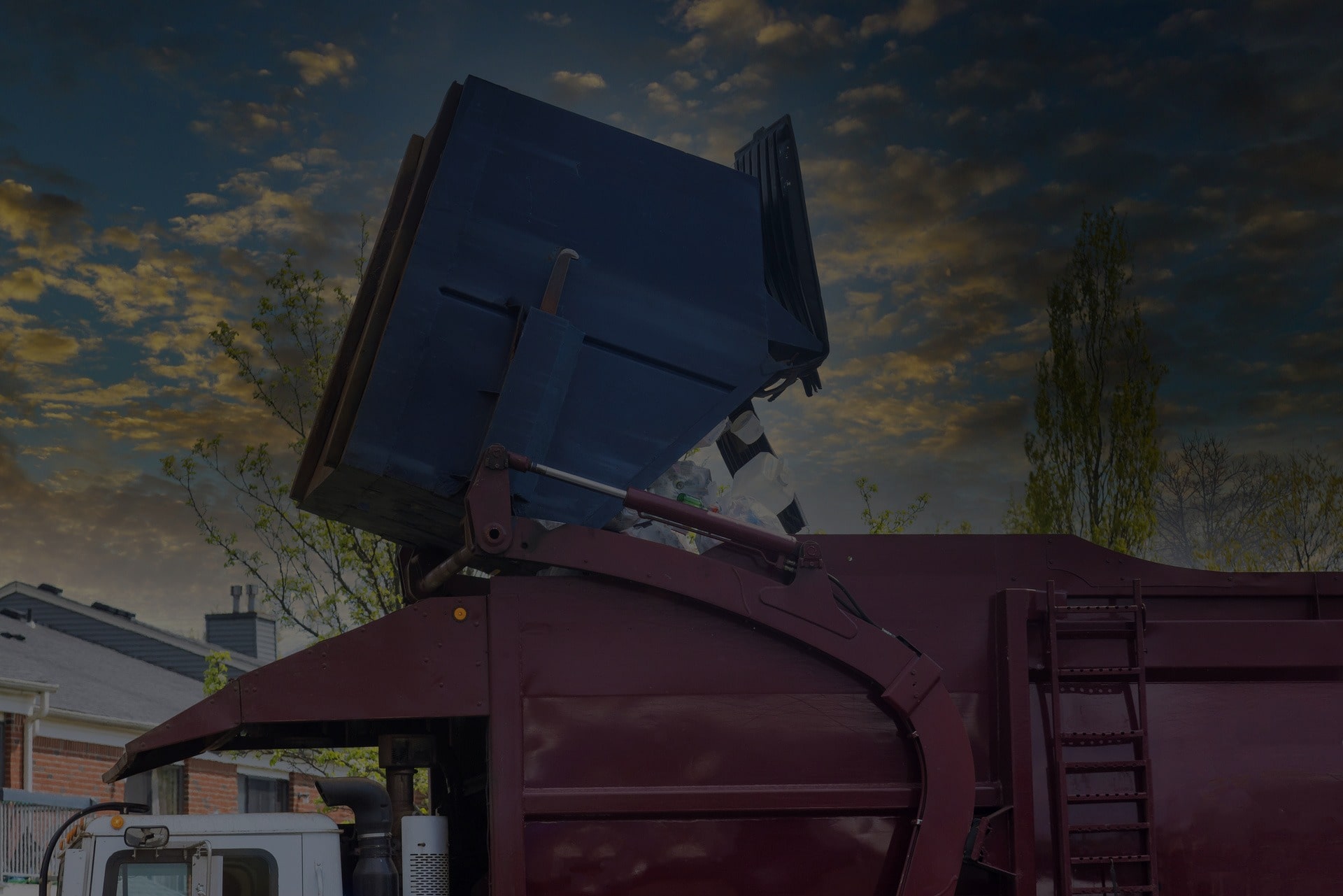Residential vs. Commercial Waste Management in Florida –
Waste management is a crucial aspect of maintaining a clean and sustainable environment. However, waste management needs can vary significantly depending on whether it’s residential or commercial waste. In the vibrant state of Florida, managing waste from residences and businesses involves distinct processes, regulations, and challenges. In this article, Ready2Go Dumpsters, a waste management company in Miami, delves into the differences between residential and commercial waste management in Florida, exploring key aspects like waste generation, collection, disposal, and regulations.
1. Waste Generation and Composition
a. Residential Waste:
– Composition: Residential waste primarily consists of household-generated waste, including food scraps, paper, plastics, glass, and yard waste. It is relatively uniform in composition across different households.
– Quantity: Residential waste is typically generated at a steady rate, varying slightly based on household size and lifestyle.
b. Commercial Waste:
– Composition: Commercial waste is more diverse in composition, encompassing various materials depending on the type of business. This can include paper, cardboard, packaging materials, organic waste, and even hazardous waste in specific industries.
– Quantity: The quantity of commercial waste can vary significantly based on the type and scale of the business. Retail businesses, restaurants, and manufacturing units generate substantial waste.
2. Waste Collection
a. Residential Waste Collection:
– Frequency: Residential waste collection is generally scheduled on a regular basis, typically once or twice a week, depending on the local waste management guidelines.
– Methods: Curbside pickup is a common method of waste collection for residences, where homeowners place their waste in designated bins or bags for collection by waste management trucks.
b. Commercial Waste Collection:
– Frequency: Commercial waste collection frequency varies based on the type of business and the volume of waste generated. It can range from daily to weekly pickups or customized schedules to suit business needs.
– Methods: Collection methods can include dumpsters or commercial bins for larger businesses, and for smaller businesses, it may involve specialized waste collection services.
3. Waste Disposal
a. Residential Waste Disposal:
– Destination: Residential waste is usually taken to local transfer stations or directly to landfills for disposal, where it is compacted and buried.
– Regulations: Residential waste disposal is subject to local and state regulations, ensuring proper handling and disposal.
b. Commercial Waste Disposal:
– Destination: Commercial waste can be directed to transfer stations, recycling facilities, or waste-to-energy plants, depending on the type and volume of waste generated. Recycling and waste diversion are prioritized for commercial waste.
– Regulations: Businesses must comply with specific regulations, including proper disposal of hazardous waste and adhering to recycling mandates, especially for certain industries.
4. Recycling and Waste Diversion
a. Residential Recycling:
– Participation: Recycling participation among households is encouraged and often mandated by local governments. Residents are provided with recycling bins and educated about recyclable materials.
– Materials: Commonly recycled materials include paper, cardboard, plastics, glass, and metal cans.
b. Commercial Recycling:
– Mandatory in Some Cases: Depending on the size and type of business, commercial recycling may be mandatory in Florida. Certain businesses are required to recycle specific materials to reduce waste going to landfills.
– Materials: Recycling in commercial establishments often involves a broader range of materials, including office paper, electronics, metals, plastics, and sometimes specialized waste like construction debris.
5. Waste Management Regulations
a. Residential Waste Management Regulations:
– Local Jurisdictions: Residential waste management is typically regulated at the local level, with municipalities setting guidelines for waste collection, disposal, and recycling programs.
– Compliance: Residents are expected to comply with these regulations, ensuring proper waste sorting, bin placement, and adherence to recycling guidelines.
b. Commercial Waste Management Regulations:
– State Regulations: Commercial waste management is regulated at both the state and local levels. Florida’s Department of Environmental Protection (FDEP) oversees waste management regulations, including proper handling, recycling, and disposal of commercial waste.
– Permitting and Compliance: Commercial establishments may require specific permits for waste management, particularly if they produce hazardous waste. Compliance with recycling mandates and proper disposal of hazardous materials is crucial.
6. Challenges and Solutions
a. Residential Waste Management Challenges:
– Behavioral Education: Encouraging proper waste sorting and recycling habits among residents is a continuous challenge. Educational campaigns and outreach programs are essential to address this.
– Waste Reduction: Promoting waste reduction practices like composting and encouraging minimalistic consumption can help reduce the overall volume of residential waste.
b. Commercial Waste Management Challenges:
– Diverse Waste Stream: The diverse waste generated by businesses requires specialized waste management solutions. Implementing efficient waste sorting practices within businesses is crucial.
– Compliance and Education: Ensuring businesses are informed about waste management regulations and compliance measures is vital. Providing incentives for recycling and waste diversion can drive compliance.
7. Ready2Go Dumpsters: Bridging the Gap
At Ready2Go Dumpsters, we recognize the unique needs of both residential and commercial waste management. Our services cater to households, businesses, and construction projects, ensuring responsible waste disposal and recycling. We align with local and state regulations, offering waste management solutions that prioritize sustainability and environmental well-being.
Residential and commercial waste management in Florida presents distinct challenges and requires tailored approaches. Understanding the differences in waste generation, collection, disposal, and regulations is crucial for efficient waste management. By addressing these differences and implementing appropriate waste management strategies, we can contribute to a cleaner, healthier, and more sustainable environment in the beautiful state of Florida. Contact us to learn more.






